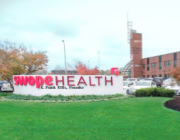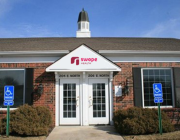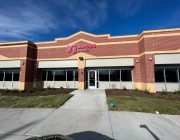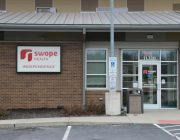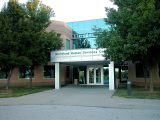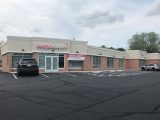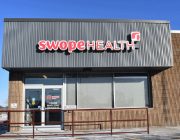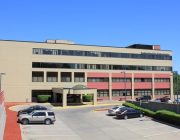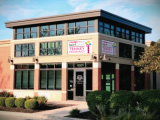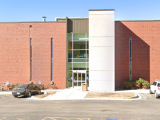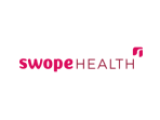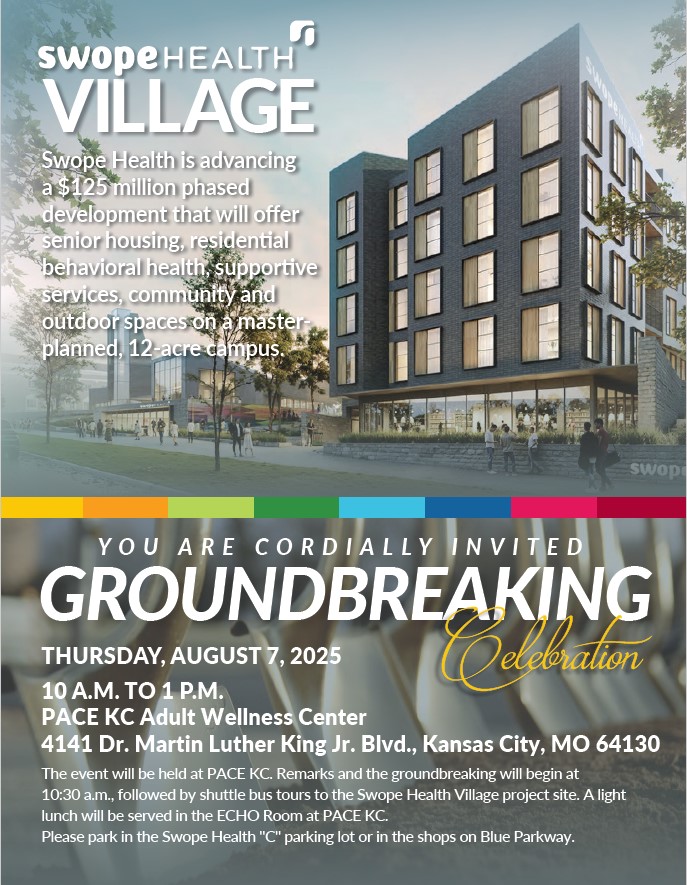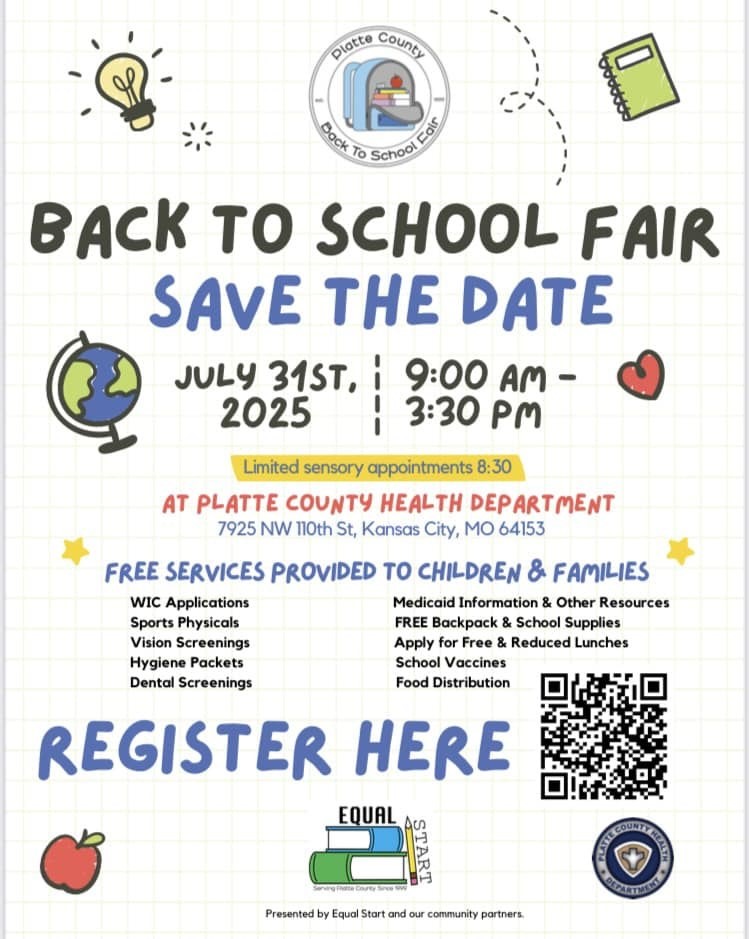On Monday, March 28, the regional leadership of the U.S. Department of Health and Human Services and the U.S. Department of Housing and Urban Development recognized Swope Health for its efforts in fighting the COVID-19 pandemic.
“Your health center built new, non-traditional partnerships and implemented innovative strategies to reach the most vulnerable populations and ensure their access to COVID-19 prevention, vaccination, and treatment services,” said Nancy Rios, Regional Administrator of the Office of Intergovernmental and External Affairs, for the federal Health Resources and Services Administration’s Kansas City regional office.

Dr. Naiomi Jamal, Chief Health Officer, and Robin Wheeler Sanders, Chief People Officer, were on hand at the recognition ceremony at the Mid-America Regional Council’s offices in Kansas City. They accepted a citation, signed by Rios, on behalf of Swope Health.
In addition to Swope Health, the federal agencies included other regional Federally Qualified Health Centers, Public Housing Authorities and community partners in the recognition: the Kansas City, Kansas Housing Authority; the Housing Authority of the City of Kansas City, Missouri; Health Partnership Health Center; KC CARE Health Center; Samuel U. Rodgers Health Center; and Vibrant Health Center.

The Kansas City cohort of health centers and housing authorities from both sides of the state line, led to an estimated 977 people receiving the COVID-19 vaccination between May and December 2021, according to a release from the Housing and Urban Development agency.
In May 2021, U.S. Housing and Urban Development Secretary Marcia Fudge and U.S. Health and Human Services Secretary Xavier Becerra announced a joint-agency effort to increase access to COVID-19 prevention and treatment services, including testing and vaccines, to disproportionately affected communities.
This specifically focused on connecting HUD-assisted households and people experiencing homelessness with the care and resources of federally qualified health centers that are part of the HHS/HRSA network like those recognized at Monday’s event.
The federal partnership and local engagement focused on helping parts of the Kansas City area that traditionally have suffered from low economic opportunity and declining health outcomes to avoid letting their zip code determine their fate.
The partnership overcame these barriers and improved the COVID resilience of federally assisted households and those experiencing homelessness across the metro, through the use of several different collaborative engagement strategies such as:
- Reviewing Geographic Information System mapping of HUD multifamily, public housing units and homelessness epicenters to create an overlay with HHS/HRSA-supported health centers that were in close proximity, to isolate where transportation barriers could impact vaccination efforts and provide transportation resources to vaccination or education events;
- Leveraging Federal Emergency Management Agency vaccine equity survey data to identify zip-code level vaccine hesitancy rates in order to deploy education teams to enhance receptiveness to vaccination efforts;
- Integrating multi-jurisdictional coordination calls to help determine if federally assisted households were better served by existing mass vaccination events or required on-site event development, including the use of FQHC mobile clinics at or near HUD-assisted units.
While HUD and HHS/HRSA have often worked together over the years on various events, this lasting engagement is a much more unified approach recognizing that quality and safe housing and health access is part of the same method of improving the lives of persons living at or near poverty and facing social and financial challenges.
Direct treatment of COVID was the specific focus of the May 5 pact between HUD and HHS but building equitable access to combat inequity in future health crises is the larger and more long-term play.
In addition to the work exemplified by the Kansas City-area health centers, HUD and HHS/HRSA’s joint venture to serve HUD-assisted populations continues across the Great Plains region covering Iowa, Kansas, Missouri and Nebraska as well as the whole of the nation.
Additional resources and information about the scope and reach of the partnership can be found at HUD COVID-19 Resources and Fact Sheets.
The event included a short roundtable discussion exploring how partnerships with federal agencies can be improved and deployed in future national crises.

